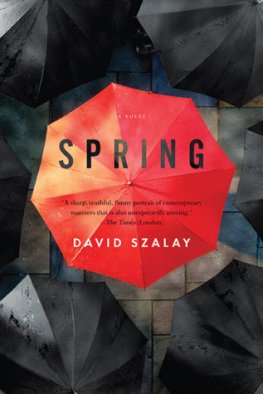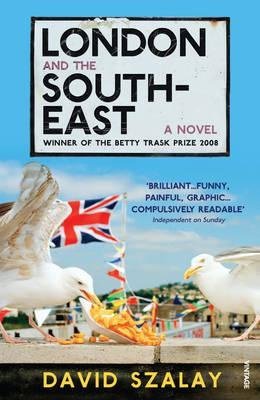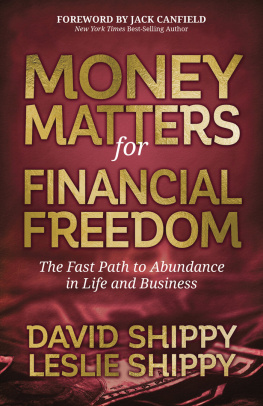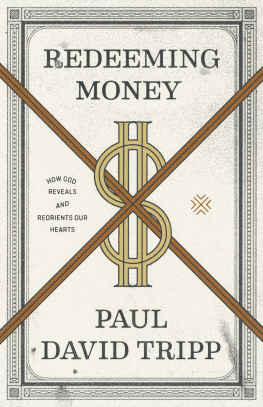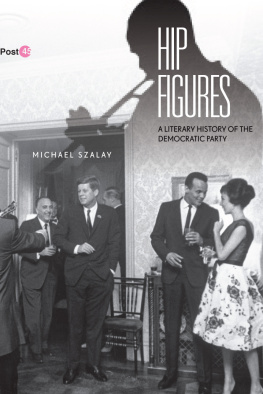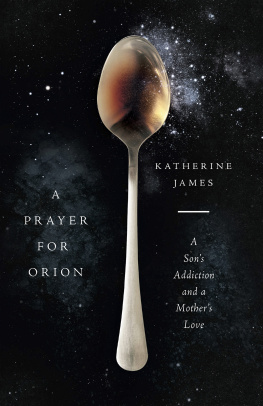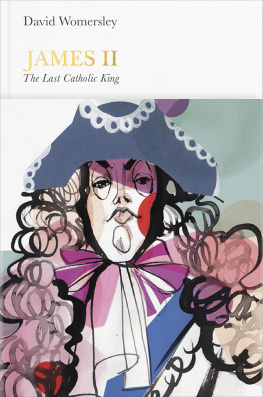London light in the scuffed, keyed windows of a Piccadilly-line train from Heathrow. London light on the open spaces it hurries past, on the passing spokes of perpendicular suburban streets, on playing fields seen through a perimeter line of faint-shadowed trees. The train stops in outlying stations. Then it enters the howl of the tunnel and there is no more London light until he finds it later on the hotels and plane trees of Russell Square.
He is worried that things are not okay. When he phones her, standing in the stale silence of the flat, it is only because he wants to know that things are okay. On that question he is insatiable. Frustratingly, she does not answer her phone. Probably she is still on the tube.
They finally speak later, in the early evening.
Initially she sounds fine. And when he asks her how she is, she says, Im fine.
What are you doing tonight? he says.
Staying in, I think.
There is a silence, the very quiet hissing of the line, the pittering of the rain on the skylight. She says, Ive got things to do. Ive got to unpack, Ive got to do some washing
Okay, he says. Thats fine.
I just need some time on my own
Okay, he says. Its fine. What are you doing at the weekend?
The weekend? she says. I dont know.
This was what he feared. Something like this mysterious evasiveness. Something is not okay, has not been okay since Monday, when he missed the minibus that was supposed to take them to the snowline. At twenty to eleven on Monday morning he was in the Internet place in the medinathey were in Marrakechin the hiss of frying, the whirring of the juicer, and the histrionic sorrow of a woman wailing an Arabic love song from the old stereo, trying to find out what had happened at Fakenham. It turned out that nothing had happened at Fakenhamthe meeting had been abandoned due to waterlogging. Leaving the shop, he had five minutes to get to the Djemaa el Fna. Which would have been fine, if there hadnt been an accident in one of the narrow lanes of the medinaa moped had smashed into some scaffoldingforcing him to find another way, which in that labyrinth was easier said than done.
He was ten minutes late, and there was no sign of the minibus where she had said it would be. Nor was there any sign of her. He waited for a while, and then made his way through the alleyways of the medina to the hotel, where he went upstairs. She was not there. Nor was she at the pool. Nor on the terrace. When he tried her mobile there was no answer. It seemed she must have left without him and feeling forsaken, feeling forlorn, he went for a lonely walk in the souk. She was still not answering her phone.
To his surprise, he then found her at the pool, on a sun lounger, in the quiet of the sparrow song.
I thought you went to the mountains, he said.
And surprisingly, she laughed. No, of course not.
He sat down on the neighbouring lounger, taking his feet out of his flip-flops and trying to get a sense of her mood. This was not easythey had not known each other long, less than two months. The fact that she was wearing huge inscrutable sunglasses which hid not only her eyes but most of the upper half of her face did not make it any easier. Her nose was pale with factor forty, her Anglo-Swedish skin sensitive even to this spring sun. He stared at her through his own sunglasses, prescription Aviators, the dry wind fiddling with his thinning sandy hair. Where were you? he said. Ive been looking for you for the last two hours.
I went for a walk.
Where?
In the medina.
See anything interesting?
She just stuck out her lower lip and shook her head. Then she picked up her book.
Im sorry I was late. There was this thing. I
Its okay, she said, without looking up.
Well Im sorry.
It was the siesta hour. The palm trees that stood in a line on one side of the terrace were whispering in the warm wind, their shadows mere stumps. Do you want to go tomorrow? he said. To the mountains.
No.
Are you sure?
M-hm.
A few minutes later she went for a swim and in the small shade of his newspaper he tried to work out what it was about her mood that was so strange. There was something strange about it. She was lying in the pool with her arms stretched out on the side, her shape wavery in the water, her face tilted to the sun. (Her slick wet hair had an almost metallic sheen.) Her eyes were shut. He had expected her to be more upset. There was something strange about it.
He was still wondering what it was later, in the eucalyptus whisper of the steam room.
And he is still wondering now, tonight, in his flat in Mecklenburgh Street. He tries to picture that hour at the poolside, as the hotels shadow moved slowly over the water, tries to picture everything that happened.
I thought you went to the mountains, he says.
Surprisingly, she laughs. No, of course not.
The strangeness of that moment has been there ever since. It started on Monday at the poolside, and has just not stopped.
Once he wanted more than he does now. Once, his idea of his own life, of what it was meant to be, was something magnificent. It seems a sort of insanity now. A sort of megalomania. An impediment to a proper view of the world. That idea of himself was formed when he still knew nothing about life, when he was still at schooland it has taken life twenty years, the last twenty years, to purge him of it. Probably that is an unusually long time.
He is shaving. The mirror is haloed with feeble steam. He isnt the same as he was even a few years ago. Even a year ago. Is it just tiredness? Is he just tireder than he was?
For quite a few years the space in which he lives has been shrinking. He has never seen the metaphorical force of this until now. Only half a dozen years ago he lived with Thomasinasweet Thomasina! in the house on Victoria Road. It was never even properly finished. For tax reasons, it was technically the property of Interspex, his Internet start-up, and Interspex was worth some eye-popping figure at the peak, in the millennial year. Many millions, tens, hundreds of millions. And then nothing, and the liquidators seized the house on Victoria Road while the Milanese artisans were still tiling the single-lane swimming pool
He stirs the razor in the scummy water. The next springaprs le dlugefound him washed up in Fulham. Then there were other places, each smaller than the last, and finally, Mecklenburgh Street. The ex-local-authority flat is in an unfaced terrace of London brick. The front doors of the houses are painted blackdust-bleared fanlights, massed doorbells. The basement flats have their own entrances. Metal steps, textured like a fire escape, tack down via a square landing. The area is littered with dead brown leaves. The bedroom curtains are permanently closed.
He pulls the plug and the shaving-water noisily sinks away. No more magnificence. Now he just wants things to be okay. He wants somewhere okay to live. An okay job. One or two holidays a year. Perhaps a few modest luxuries. A middle-class life in other words. And a woman. Of course a woman. She is the indispensable ingredient for such a life. Without her it would have quite a sad, lonely look. Yes, without her, there would be something sad, something futile, about those few small luxuries. He towels his face in the forty-watt light of the bathroomit is an odd stooping space, under someone elses stairs, the frigid London morning sliding in through a lint-furred vent. There is this Katherine King. This woman he has been seeing for the last month or two. Indeed, it is possible that she is the inspiration for this whole train of thoughtthat the idea of a middle-class life in London, forever, has its sudden look of enticing plausibility now that it is framed in terms of a middle-class life in London, forever,

